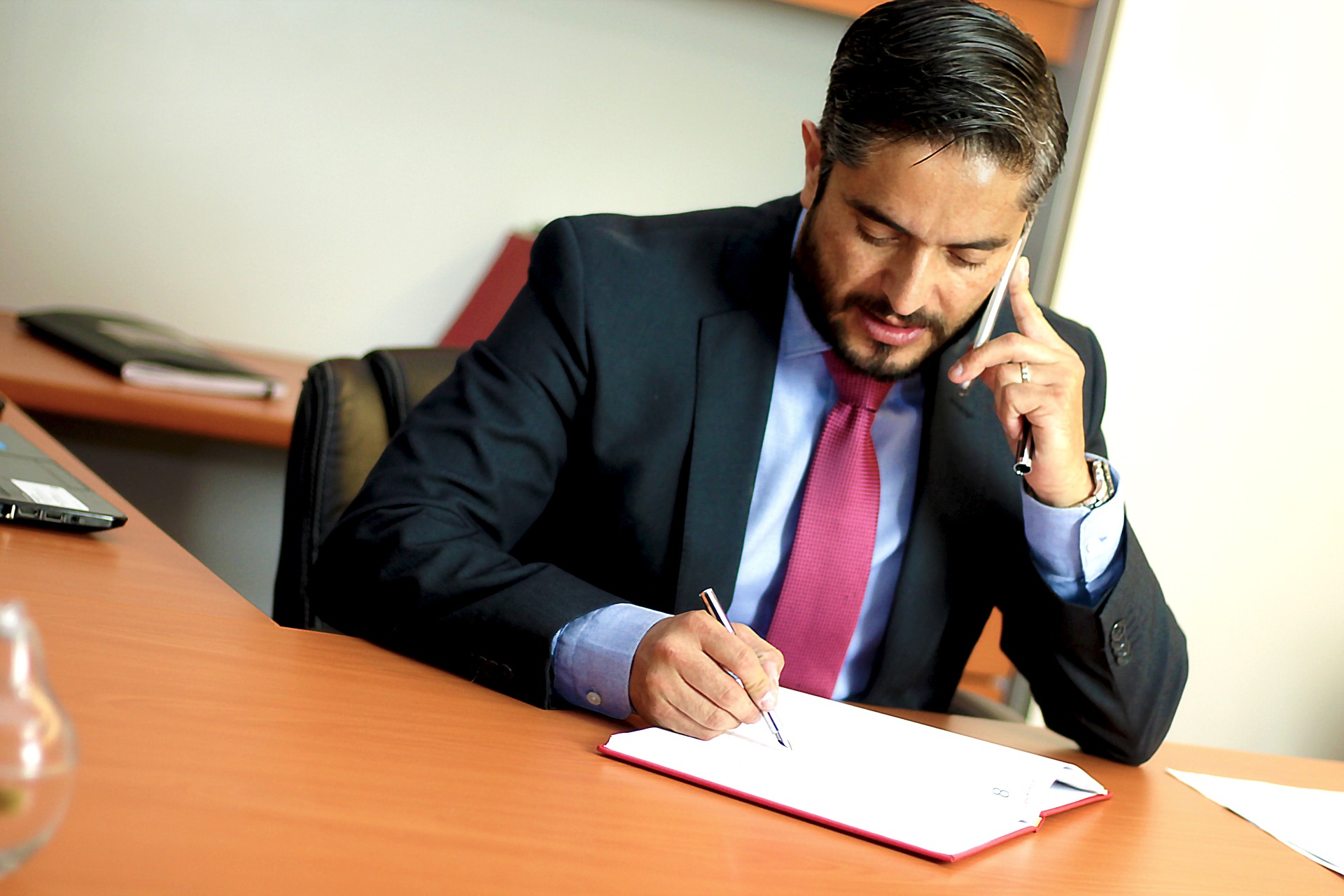When involved in a car accident, the most important thing to remember is that admitting fault can have serious legal consequences.
After a car accident, emotions can run high, and the situation can quickly become overwhelming. One of the most critical aspects of an accident claim is determining who is at fault. However, it’s important to understand what constitutes “admitting fault” in the context of a car accident. Many individuals are unsure of what statements or actions may be seen as an admission of liability. A Virginia car accident attorney can guide you through the process of handling fault claims and help you avoid inadvertently admitting fault in ways that could harm your case.
Understanding what constitutes admitting fault is crucial because it can significantly impact your ability to recover compensation for damages, medical bills, and lost wages. In some cases, a simple statement made at the scene of the accident can be used against you later on. If you’re involved in a car accident in Virginia, knowing how to respond and what actions to take can protect your rights and ensure that you receive the compensation you deserve.
What Does “Admitting Fault” Mean?
In a legal context, admitting fault means acknowledging that you were responsible for causing the accident. This could be through direct actions or omissions, such as running a red light, failing to stop at a stop sign, or driving under the influence of alcohol or drugs. An admission of fault can occur through verbal statements, written admissions, or actions that imply responsibility for the accident.
The legal implications of admitting fault in a car accident are serious. Once fault is admitted, the burden of proving the accident was not your fault shifts to you. This can complicate your ability to pursue compensation for damages, medical costs, or lost wages. As a result, it’s essential to be cautious with what you say and do immediately after a collision, even if the accident was your fault.
Common Misconceptions About Admitting Fault
Many people mistakenly believe that admitting fault means saying, “I’m sorry,” or apologizing for the accident. While expressing concern or apologizing for the situation is common and compassionate, it’s not the same as admitting legal fault. However, certain phrases or actions could be interpreted as admitting liability. For instance:
- Saying “It’s my fault”: This is an explicit admission of fault and can be used in court or by insurance companies to establish liability.
- Saying “I didn’t see you” or “I didn’t expect that to happen”: These statements could be viewed as acknowledging negligence.
- Offering to pay for damages: While this may be a kind gesture, offering to pay for repairs or damages can be interpreted as an admission of responsibility.
In these cases, it’s important to be cautious. Even statements that seem like common expressions of regret can be used against you later in the claims process. A Virginia car accident attorney can explain the legal consequences of certain statements and help you navigate these tricky situations.
What Should You Do Immediately After a Car Accident?
After an accident, the best thing to do is remain calm and avoid making any definitive statements about fault. Here are some steps you should take to protect yourself and your legal rights:
1. Check for Injuries
First and foremost, check for injuries—both yours and those of others involved in the accident. If anyone is injured, immediately call 911 and request medical assistance. Even if you feel fine, seek medical attention, as some injuries may not be apparent right away.
2. Contact the Authorities
Calling the police to report the accident is essential. The police will come to the scene and document the incident, which may help establish fault later. In Virginia, an officer’s report can be critical to your claim. The police report will include details about the scene, potential violations of traffic laws, and any statements made by the parties involved.
3. Document the Scene
Take as many photos as possible of the accident scene, including vehicle damage, the surrounding area, traffic signs, road conditions, and any visible injuries. This documentation will be useful for your insurance claim and any legal actions that may follow.
4. Exchange Information
Be sure to exchange contact and insurance information with all other drivers involved. This includes names, phone numbers, driver’s license numbers, license plate numbers, and insurance details. This information will be necessary when filing a claim with your insurance provider or the other party’s insurance.
5. Do Not Discuss Fault
One of the most important things to avoid is discussing the fault of the accident with the other drivers involved. Even if you believe you are at fault, it’s crucial not to say anything that could be construed as an admission of liability. Instead, simply exchange information and leave the investigation to the police and insurance adjusters.
6. Seek Legal Help

Contact a Virginia car accident attorney as soon as possible. An attorney can help you understand your rights, guide you through the claims process, and protect your interests. If you are being blamed for the accident, your lawyer can help you build a defense and challenge any claims made against you.
When Could You Accidentally Admit Fault?
There are several situations where you might unknowingly admit fault for a car accident. These situations can arise from seemingly innocent actions or statements, but they can later be used against you by the insurance company or in court:
1. Apologizing for the Accident
It’s natural to feel sympathy for others after an accident, but saying “I’m sorry” may be interpreted as an admission of guilt. In Virginia, apologizing for the accident can be seen as acknowledging fault, even if it was not your intention.
2. Assuming Responsibility for the Accident
If you’re not sure who was at fault, avoid making any assumptions. Even if you believe you might have caused the accident, don’t say things like, “I shouldn’t have been speeding” or “I didn’t see you coming.” These statements can be used against you as proof of negligence.
3. Agreeing to Settle the Claim Right Away
Some drivers may feel pressured to settle quickly and offer payment for damages or repairs, hoping to avoid a lengthy legal process. However, settling too quickly can harm your case, as it may be interpreted as an admission of responsibility.
What Are the Consequences of Admitting Fault?
Admitting fault in a car accident can have serious consequences, especially if you’re trying to file a personal injury claim. Here are some of the potential ramifications:
1. Reduced or Denied Compensation
If you admit fault, you may lose the ability to recover compensation for your injuries and damages. Insurance companies and courts will use your admission as evidence that you were responsible for the accident, which may prevent you from obtaining the compensation you need to cover medical bills, vehicle repairs, and lost wages.
2. Increased Liability for Damages
If you are found to be at fault for the accident, you could be liable for the damages caused to others, including their medical expenses, property damage, and pain and suffering. This could result in significant financial liability, which is why it’s crucial to avoid admitting fault without proper legal advice.
3. Impact on Future Claims
Once you admit fault in a car accident, it can be difficult to reverse that admission in future legal or insurance claims. It’s essential to understand that anything you say at the scene or in the days following the accident can have lasting effects on your ability to recover damages.
Conclusion
When involved in a car accident, the most important thing to remember is that admitting fault can have serious legal consequences. It’s best to remain silent and refrain from discussing the accident with others involved, even if you believe you may have been partially responsible. A Virginia car accident attorney can help you navigate the complexities of fault determination, ensuring that your rights are protected and that you receive the compensation you deserve. If you’re unsure about how to handle the situation, seeking legal counsel is always a wise decision.


Join the conversation!